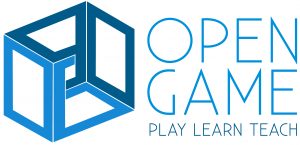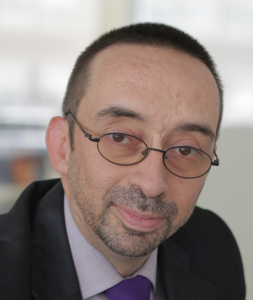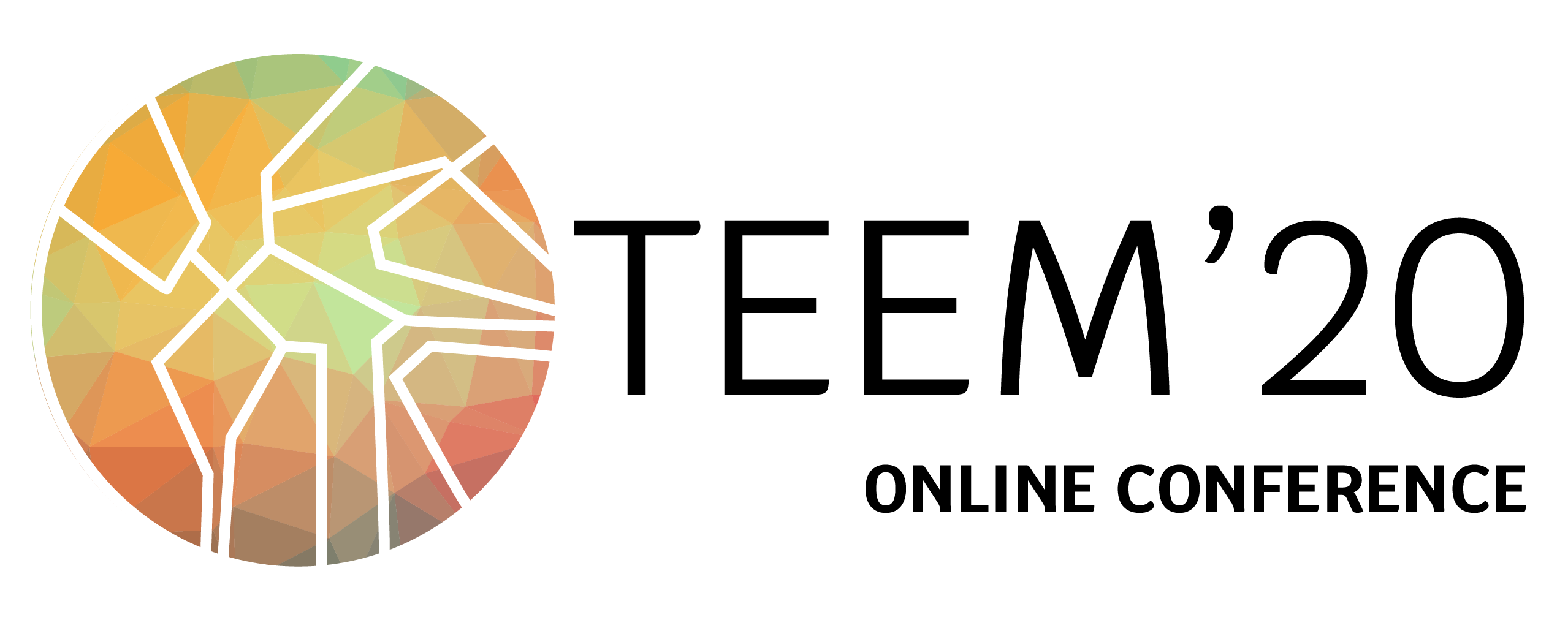 We live in times of crises. Several, not just the pandemic. Although the COVID-19 is hijacking headlines and rush hours, this is not the only crisis. Either because of natural disasters or human-made catastrophes, we learn to live with this type of events, unfortunately. In this context, Education usually takes a toll. Learners, teachers, university professors, parents and academic managers need to get up-to-speed in order to adapt their regular flow and methodology to a different mindset and to an adapted skillset. They migrate or re-enforce the ability to teach, learn and manage into an online or blended setting. Open Education and Open Science become now a useful, if not the most powerful, resource to overcome the obstacle of an unexpected and unwanted scenario. Thanks to an open approach every member of the educational community can use, create, edit and share content, policies, access, technology and long list of benefits, including large amounts of data. This lecture will provide a few clues towards a seamlessly integration of formal and informal online contexts, blended into the open.
We live in times of crises. Several, not just the pandemic. Although the COVID-19 is hijacking headlines and rush hours, this is not the only crisis. Either because of natural disasters or human-made catastrophes, we learn to live with this type of events, unfortunately. In this context, Education usually takes a toll. Learners, teachers, university professors, parents and academic managers need to get up-to-speed in order to adapt their regular flow and methodology to a different mindset and to an adapted skillset. They migrate or re-enforce the ability to teach, learn and manage into an online or blended setting. Open Education and Open Science become now a useful, if not the most powerful, resource to overcome the obstacle of an unexpected and unwanted scenario. Thanks to an open approach every member of the educational community can use, create, edit and share content, policies, access, technology and long list of benefits, including large amounts of data. This lecture will provide a few clues towards a seamlessly integration of formal and informal online contexts, blended into the open.
Prof. Dr. Daniel Burgos
 Prof. Dr. Daniel Burgos works as a Full Professor of Technologies for Education & Communication and Vice-rector for International Research (UNIR Research, http://research.unir.net), at Universidad Internacional de La Rioja (UNIR, http://www.unir.net), a young 100% online university with over 40.000 students, 1.500 lecturers, 300 researchers, and premises in Spain, Colombia, México, Ecuador, Perú, Paraguay, Bolivia, Argentina and USA. In addition, he holds the UNESCO Chair on eLearning and the ICDE Chair in Open Educational Resources. He also works as Director of the Research Institute for Innovation & Technology in Education (UNIR iTED, http://ited.unir.net). Previously, he worked as Director of Education Sector and Head of eLearning & User Experience Lab in the Research & Innovation Department of the large enterprise Atos (http://www.atos.net), since 2007; and as assistant professor at the Open University of The Netherlands, before that (Welten Institute, http://www.ou.nl/web/welten-institute/). In 1996, he founded the first postgraduate online school on multimedia training and user interaction (ESAC), with over 6.000 students, worldwide.
Prof. Dr. Daniel Burgos works as a Full Professor of Technologies for Education & Communication and Vice-rector for International Research (UNIR Research, http://research.unir.net), at Universidad Internacional de La Rioja (UNIR, http://www.unir.net), a young 100% online university with over 40.000 students, 1.500 lecturers, 300 researchers, and premises in Spain, Colombia, México, Ecuador, Perú, Paraguay, Bolivia, Argentina and USA. In addition, he holds the UNESCO Chair on eLearning and the ICDE Chair in Open Educational Resources. He also works as Director of the Research Institute for Innovation & Technology in Education (UNIR iTED, http://ited.unir.net). Previously, he worked as Director of Education Sector and Head of eLearning & User Experience Lab in the Research & Innovation Department of the large enterprise Atos (http://www.atos.net), since 2007; and as assistant professor at the Open University of The Netherlands, before that (Welten Institute, http://www.ou.nl/web/welten-institute/). In 1996, he founded the first postgraduate online school on multimedia training and user interaction (ESAC), with over 6.000 students, worldwide.
His interests are mainly focused on Educational Technology & Innovation: Adaptive/Personalised and Informal eLearning, Open Science & Education, Learning Analytics, Social Networks, eGames, and eLearning Specifications. He has published over 140 scientific papers, 4 European patents, 14 authored books and 21 edited books or special issues on indexed journals. He is or has been involved in +55 European and Worldwide R&D projects, with a practical implementation approach.
In addition, he is a Professor in Learning & Teaching at An-Najah National University (Palestine), an Adjunct Professor in Digital Transformation at Universidad Nacional de Colombia (UNAL, Colombia), an Extra-ordinary Professor in Self-Directed Learning and Open Education at North-West University (South-Africa), and a Visiting Professor in Global Learning at Coventry University (United Kingdom) and in Project Management at Universidad de las Fuerzas Armadas (ESPE, Ecuador). He has been chair (2016, 2018) and vice-chair (2015, 2017) of the international jury for the UNESCO King Hamad Bin Isa Al Khalifa Prize for the Use of ICTs in Education. He is a consultant for United Nations Economic Commission for Europe (UNECE), European Commission, European Parliament, Russian Academy of Science and ministries of Education in over a dozen countries. He is an IEEE Senior Member. He holds degrees in Communication (PhD), Computer Science (Dr. Ing), Education (PhD), Anthropology (PhD), Business Administration (DBA) and Artificial Intelligence (MIT, postgraduate).
